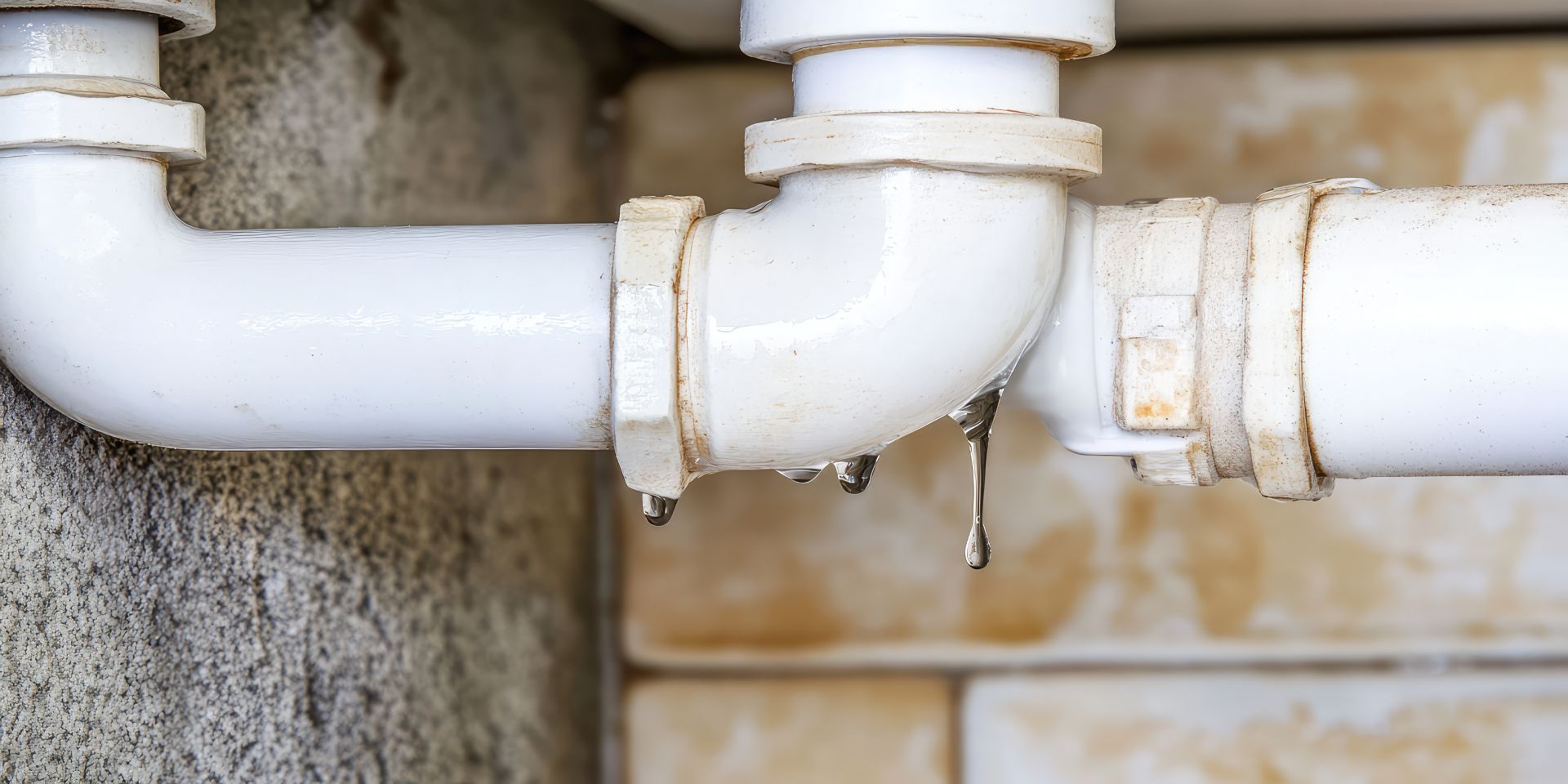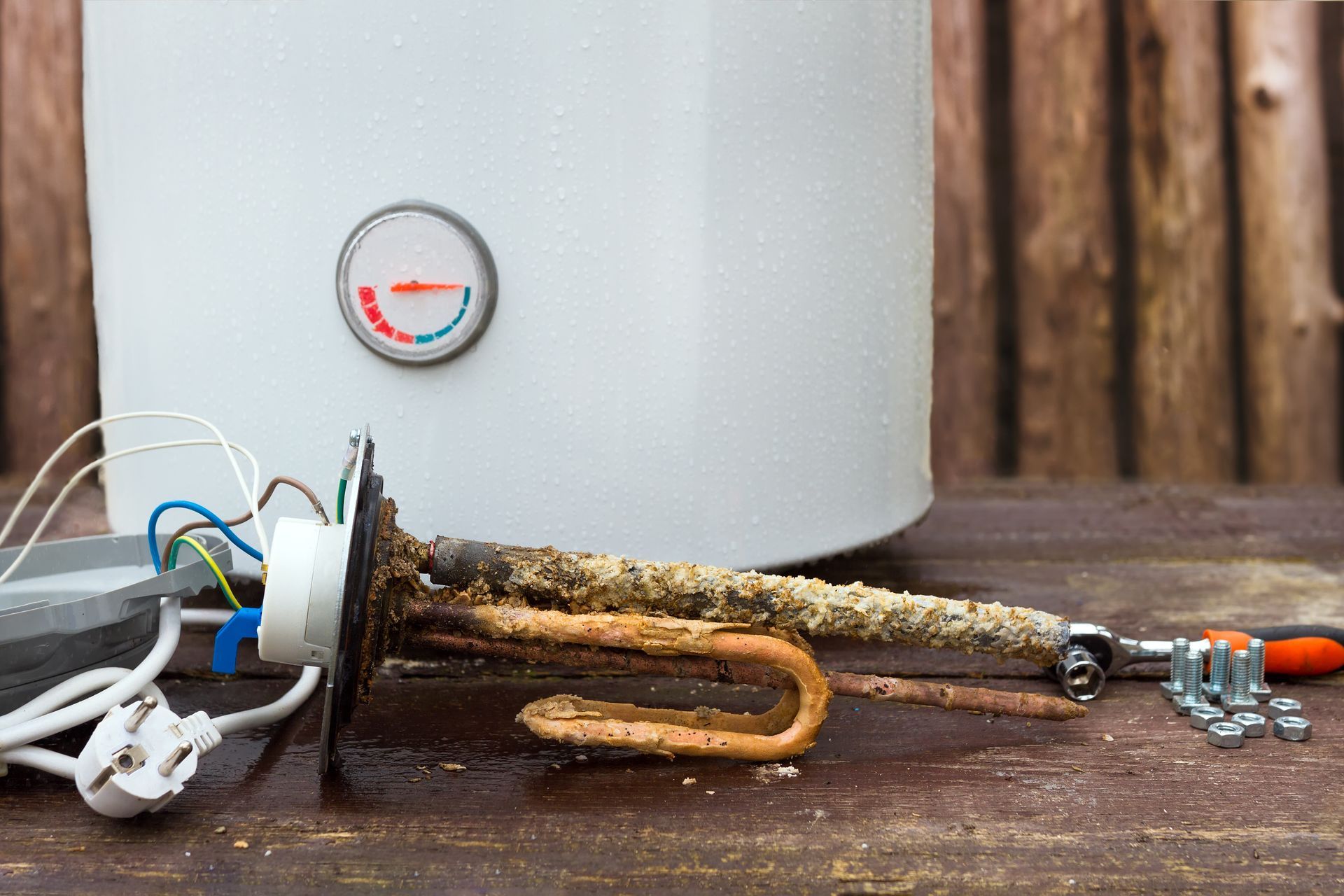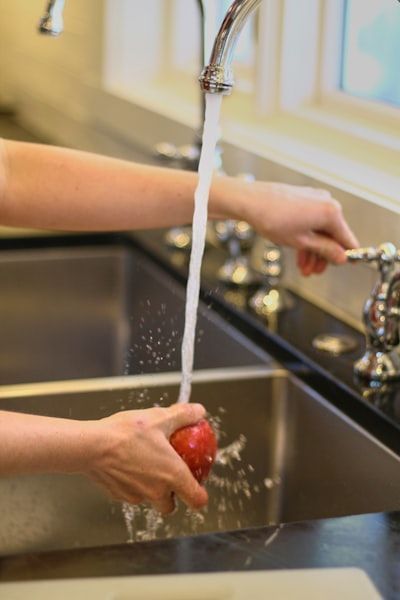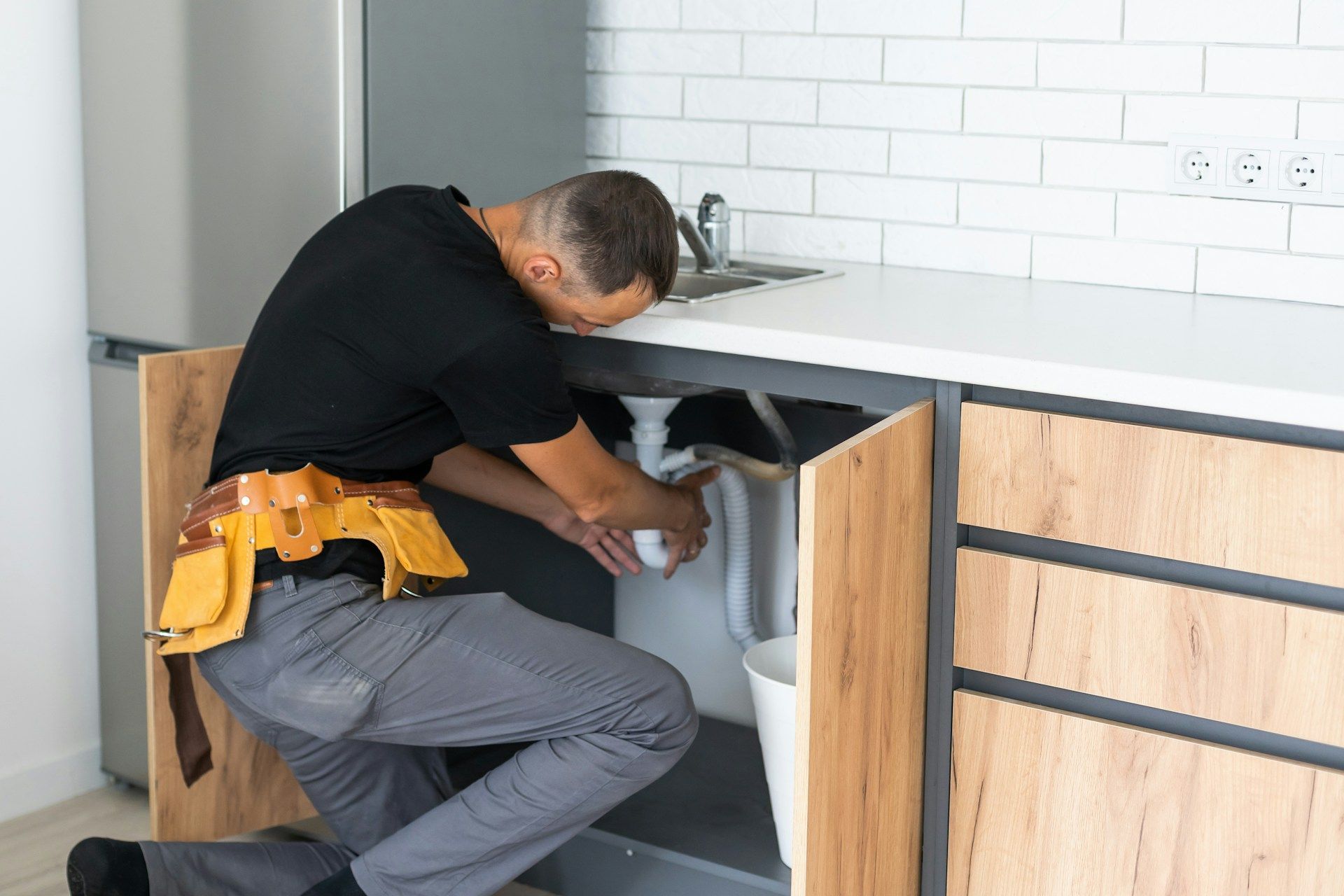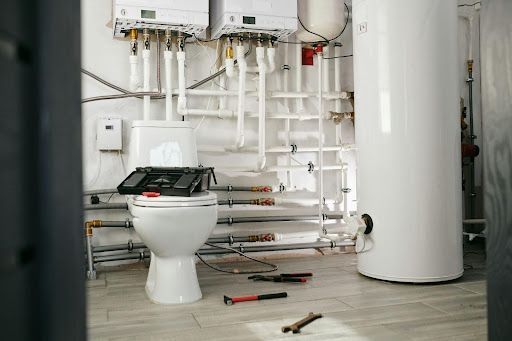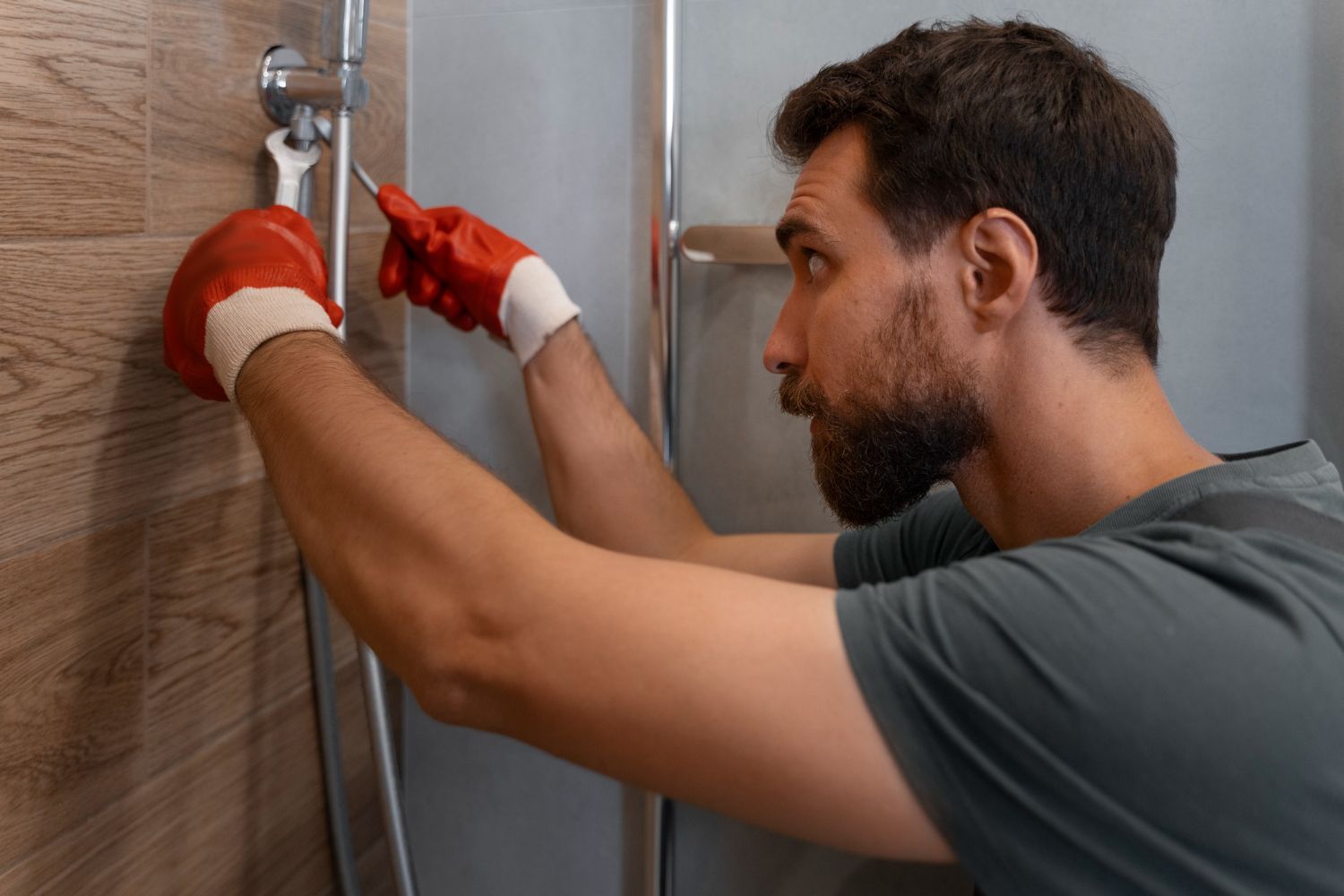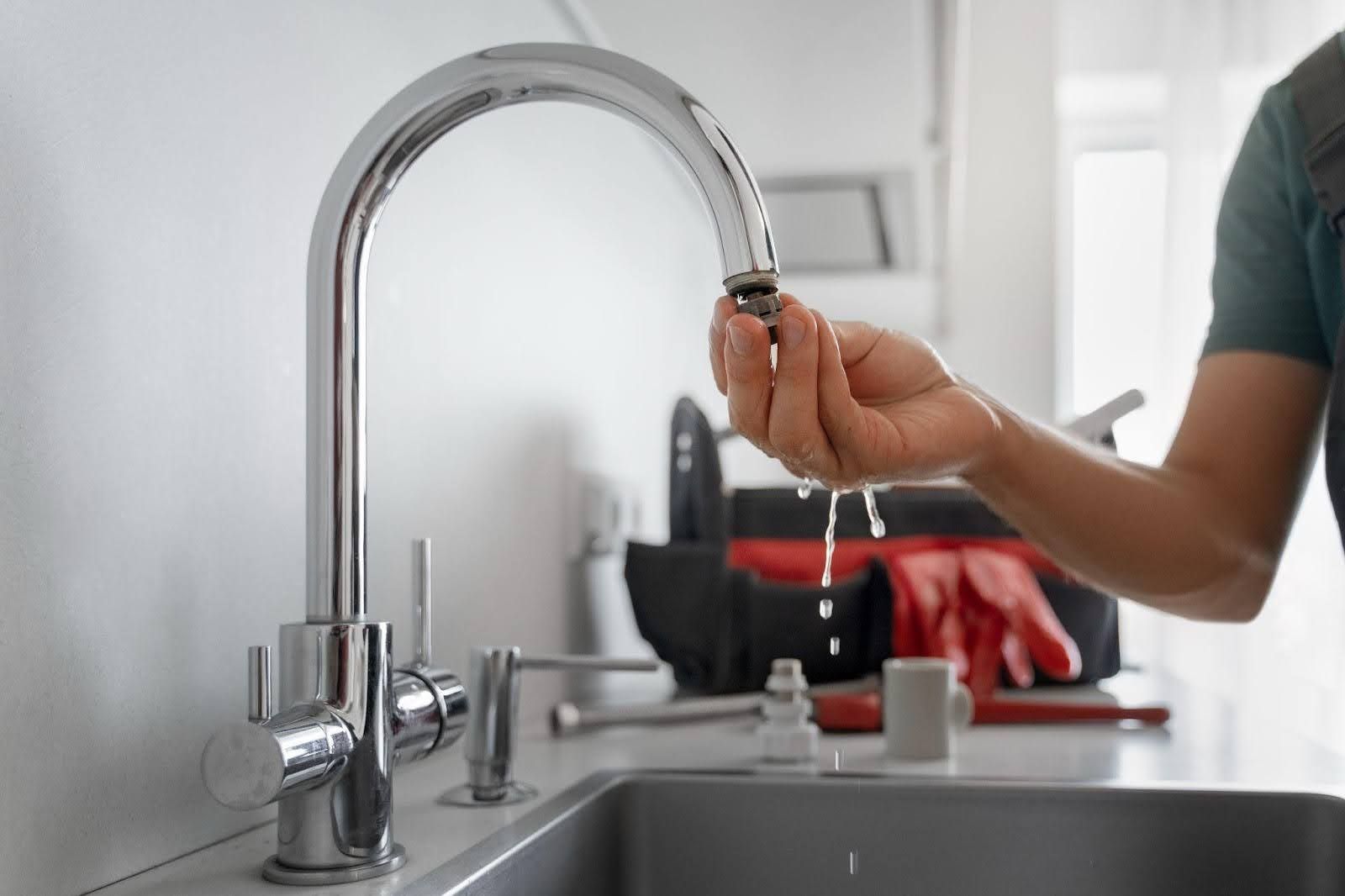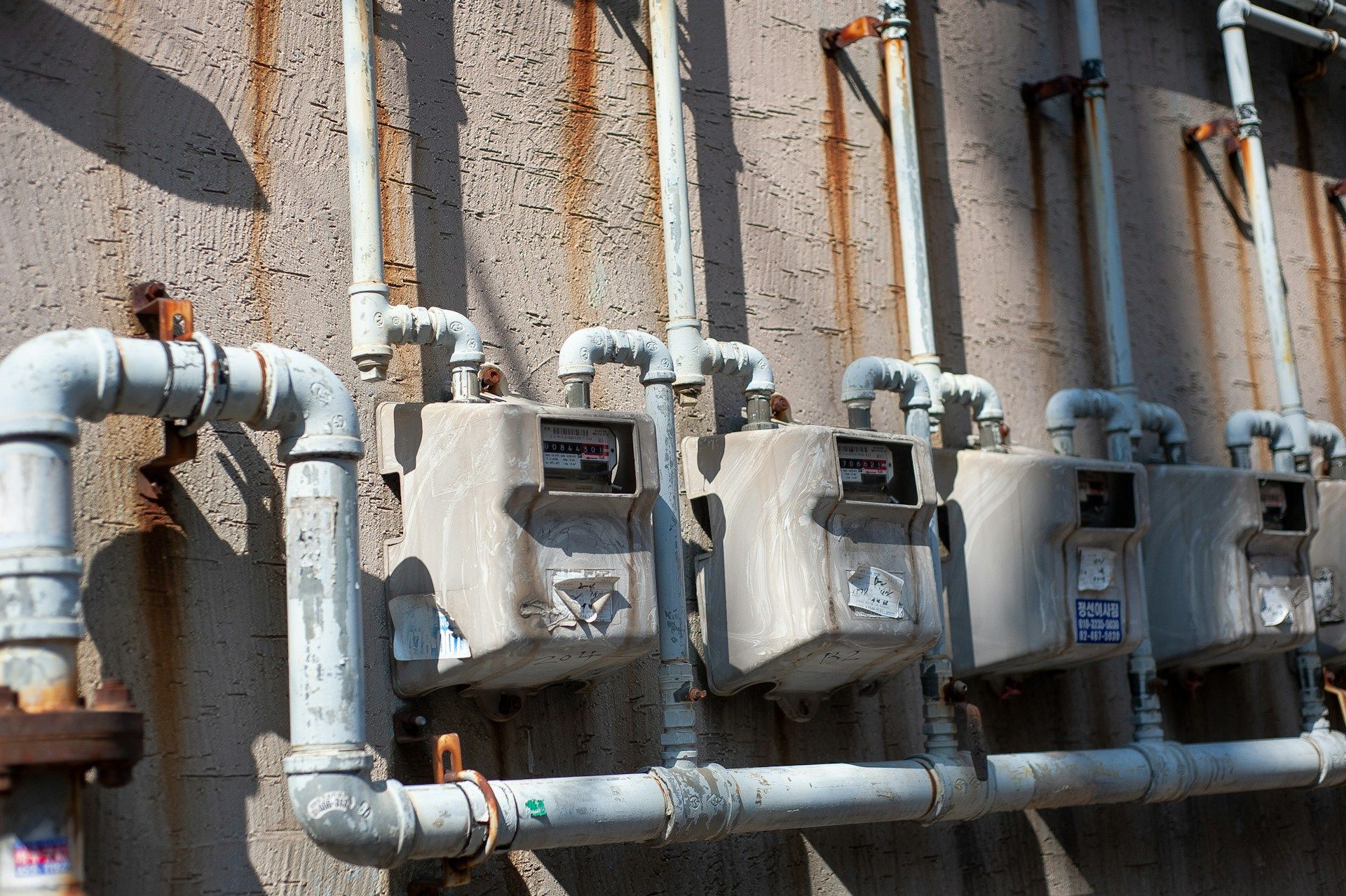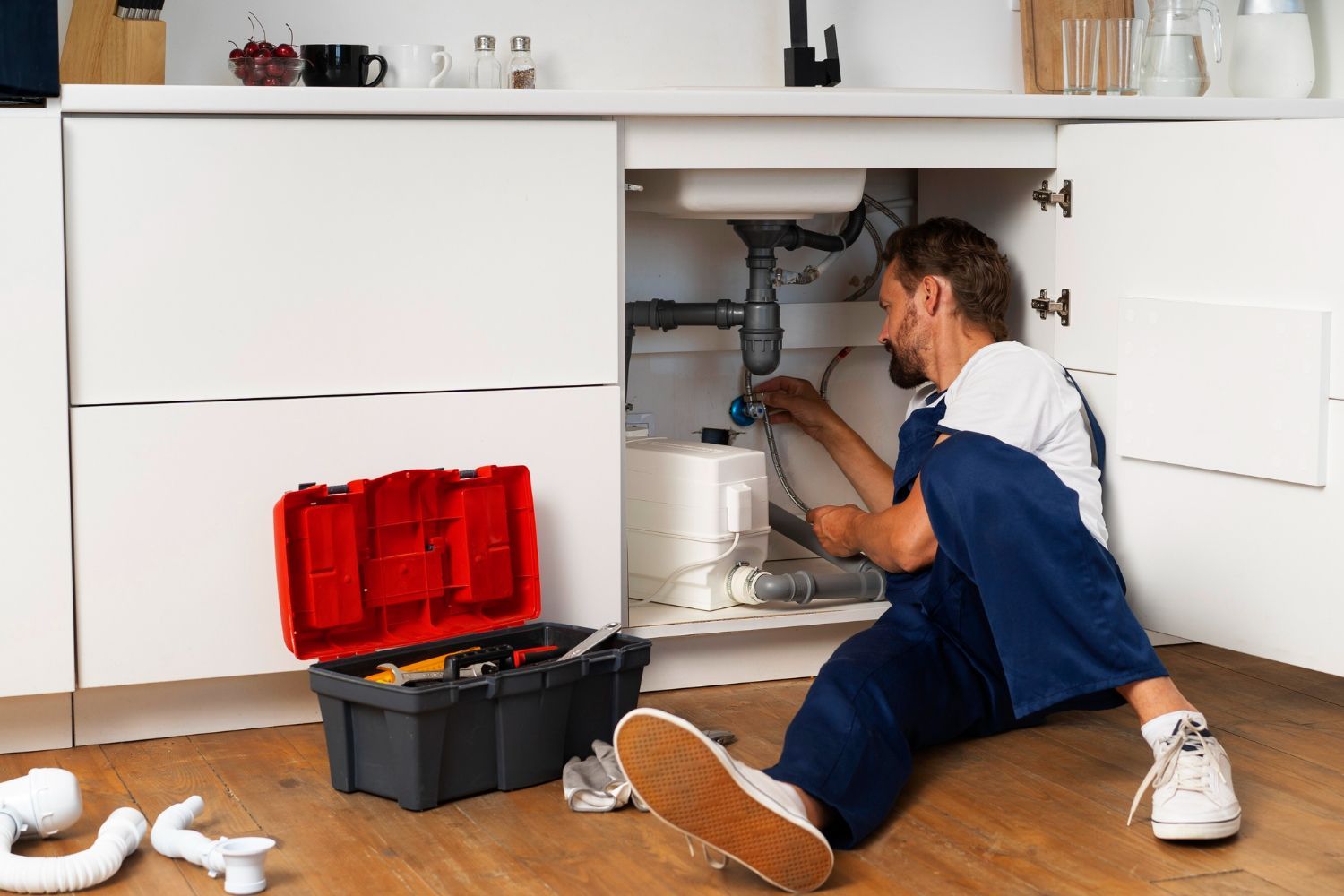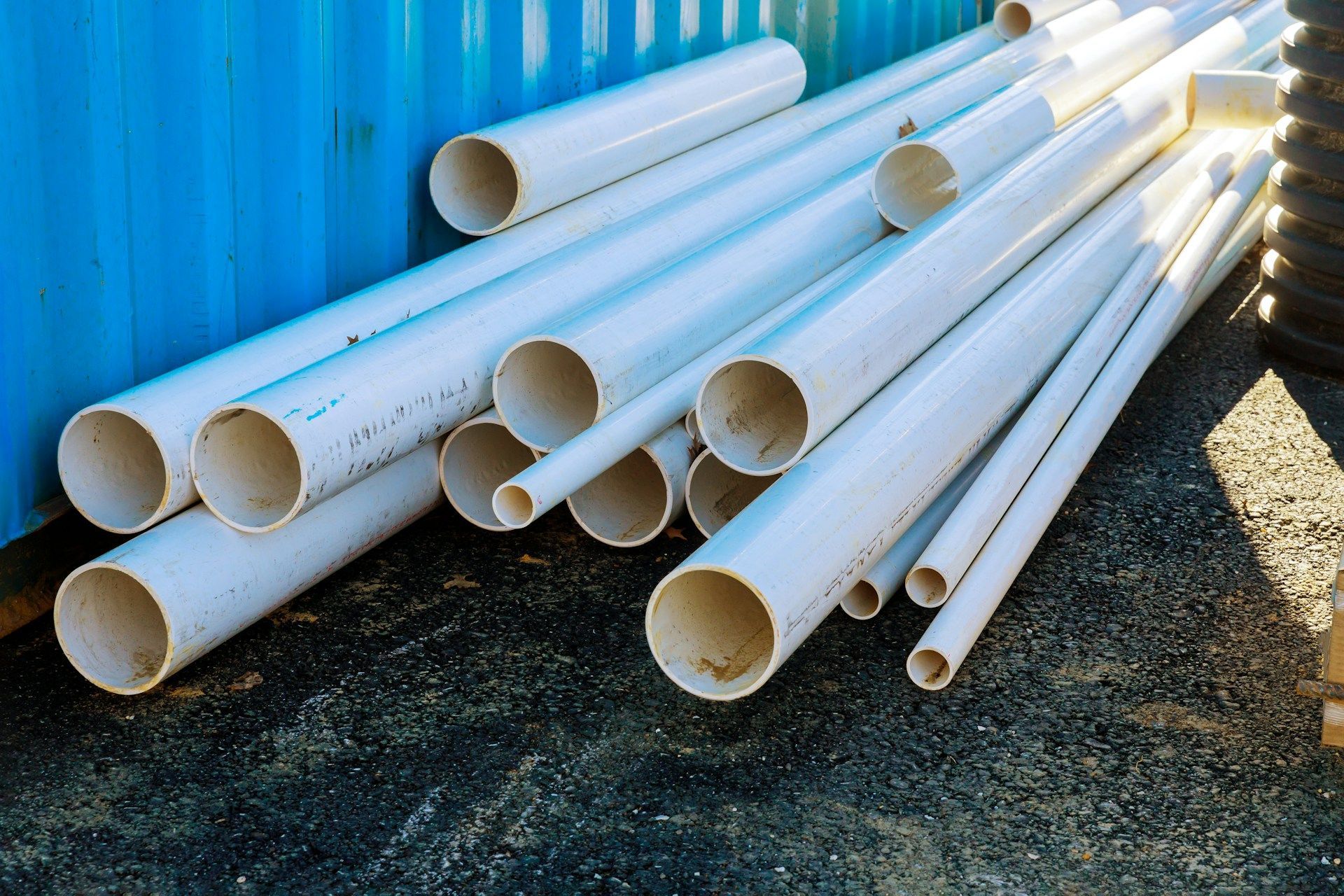Reasons for Low Water Pressure in Your House
Reasons for Low Water Pressure
Low water pressure can affect various aspects of daily life, making simple tasks like showering or washing dishes frustrating and time-consuming. While the reasons behind low water pressure in your home can vary, expert assistance from a trusted plumbing service provider like Millennial Plumbing & Tankless can help identify the root cause and provide a lasting solution. Dedicated to addressing a wide range of plumbing issues, Millennial Plumbing & Tankless has the expertise and knowledge to resolve low water pressure problems, ensuring a smooth and efficient water supply for your household.
In this article, we will explore several common reasons for low water pressure in your home and discuss the professional solutions available to address them. By understanding and addressing the factors contributing to low water pressure, you can significantly enhance your home's plumbing system and improve the quality of life for its occupants.
1. Clogged Pipes and Fixtures
One of the primary culprits for low water pressure in the house is clogged pipes and fixtures. Over time, mineral deposits, sediment, and debris can accumulate in your plumbing system, restricting water flow and causing reduced water pressure.
a. Mineral Deposit Buildup
Hard water, which contains high levels of dissolved minerals like calcium and magnesium, can lead to mineral deposit buildup in your pipes and fixtures. These deposits can gradually narrow the passageways, significantly reducing water pressure. To prevent this issue, consider installing a water softener system or regularly descaling your pipes and fixtures with vinegar.
b. Sediment and Debris Accumulation
Corroded galvanized steel pipes or deteriorating water heaters can release rust and sediment particles that can clog your plumbing system. In some cases, these particles can accumulate in the faucet aerators and showerheads, leading to low water pressure. Regularly cleaning the aerators and showerheads can often resolve this issue.
2. Malfunctioning Pressure Regulator
A malfunctioning pressure regulator is another common cause of low water pressure in your home. A pressure regulator is a valve that controls and maintains water pressure, helping prevent any severe pressure fluctuations.
a. Worn-out or Damaged Regulator
A worn-out or damaged pressure regulator can result in erratic water pressure, either too high or too low. If you suspect this problem, it's essential to consult with a professional plumber, like those at Millennial Plumbing & Tankless. They can help diagnose and fix the problem by adjusting or replacing the regulator.
b. Incorrectly Set Regulator
Sometimes, the pressure regulator may simply be set too low, leading to low water pressure throughout your home. In this case, a skilled plumber can properly adjust the regulator settings and restore optimal water pressure.
3. Water Leaks
Another reason for low water pressure in your house could be hidden water leaks. These leaks not only cause low water pressure but can also lead to costly water damage and wasted resources.
a. Damaged or Corroded Pipes
Over time, pipes can become damaged or corroded, leading to leakage. If you notice any signs of water damage or consistently low water pressure, it's essential to call Millennial Plumbing & Tankless for a professional inspection to identify and repair any leaks.
b. High Water Usage
High water usage during peak hours can strain the local water supply, temporarily causing low water pressure in your home. Adjusting your water usage habits to avoid peak times can help alleviate this issue.
4. Plumbing System Design Issues
Sometimes low water pressure can be attributed to the design and layout of your plumbing system.
a. Undersized Water Supply Pipes
If your home's plumbing system was not designed to handle the demands of modern water usage, undersized water supply pipes may be limiting water pressure. A plumber at Millennial Plumbing & Tankless can help assess your system and provide recommendations for upgrading your pipes to improve water pressure.
b. Distance From Water Supply
Homes that are further away from the public water supply may experience low water pressure due to the increased distance the water must travel to reach your home. Consulting with a professional plumber can help identify solutions, such as the installation of a pressure booster pump, to help increase water pressure.
5. Issues With Municipal Water Supply
Occasionally, low water pressure in your house can be caused by issues with the municipal water supply.
a. Water Main Break
A water main break in your neighborhood can result in low water pressure as water is diverted to the site of the break. In these cases, it's essential to report the issue to your local water utility provider so they can address the problem promptly.
b. Insufficient Infrastructure
Some communities may have outdated or insufficient water infrastructure, causing low water pressure for their residents. If you believe this to be an issue in your area, you might need to discuss the problem with local authorities or consider installing a pressure booster pump to alleviate the pressure issues.
Although there may be various reasons for low water pressure in your home, understanding the possible causes and knowing how to address them can significantly improve your water supply and overall quality of life. By partnering with expert plumbers like those at Millennial Plumbing & Tankless, you can quickly identify and resolve low water pressure issues, ensuring an efficient and comfortable home environment.
Restoring Your Home's Water Pressure With Millennial Plumbing & Tankless
Understanding the most common reasons for low water pressure in your house is the first step toward identifying and addressing the issue. By working with expert
plumbers like those at Millennial Plumbing & Tankless, you can quickly diagnose and fix your home's low water pressure problems, ensuring a steady and reliable water supply for your household. Whether it's clogged pipes and fixtures, a malfunctioning pressure regulator, water leaks, or issues with your plumbing system design, Millennial Plumbing & Tankless is ready to provide a lasting solution to any plumbing issue you might face.
Don't let low water pressure disrupt your daily life – contact Millennial Plumbing & Tankless today for a thorough inspection and expert guidance in resolving your home's water pressure concerns. Experience improved efficiency and comfort by partnering with our skilled team of plumbing professionals.
